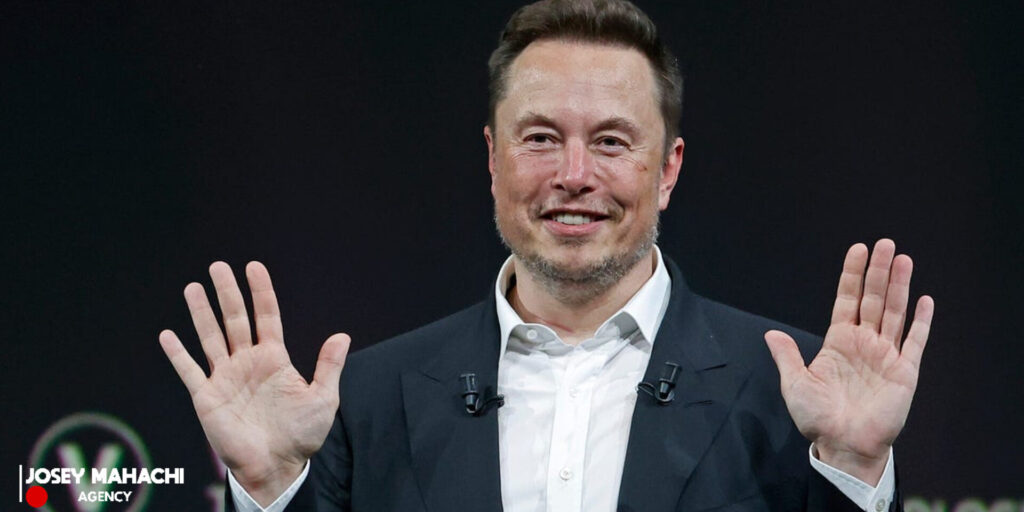By : Lloyd Mahachi
Elon Musk, the American tech billionaire, has sparked outrage in Germany after expressing support for the far-right Alternative for Germany (AfD) party. In a social media post, Musk stated that “Only the AfD can save Germany,” prompting a swift response from the party’s leader, Alice Weidel, who thanked him for his support.
Weidel, who is running for chancellor, responded to Musk’s post by saying “Yes! You are perfectly right!” and invited him to read her interview on President Trump. The AfD is currently polling at around 19% ahead of the German federal election in February, making it the second-largest party in the country.
However, the party’s extreme-right views have been widely criticized, and all other parties in the German parliament have ruled out forming a coalition with them. The AfD is officially suspected of being an extreme-right organization by Germany’s Federal Office for the Protection of the Constitution, and its leaders have been linked to extremist groups.
Musk’s support for the AfD has been met with widespread criticism from German politicians, who have accused him of interfering in the country’s upcoming federal election. Chancellor Olaf Scholz stated that while Musk has the right to free speech, his comments are not correct and not good political advice.
Other politicians, including the CDU’s Alexander Throm and the Green Party’s Anton Hofreiter, have also criticized Musk’s support for the AfD, with Hofreiter calling the party “traitors bought by billionaires” and “a band of fascists.” The Left Party’s Clara Bünger accused Musk of interfering in Germany’s political discussions without fully understanding the context.
Musk’s support for the AfD is not his first foray into far-right politics. He has previously backed President-elect Trump’s reelection campaign and expressed support for the UK’s far-right “Reform UK” party and its leader, Nigel Farage. This has sparked concerns about the influence of wealthy individuals on politics and the potential for disinformation campaigns to impact elections.
The controversy surrounding Musk’s support for the AfD has also highlighted the need for greater transparency and regulation of political donations. In the UK, there are calls for tighter electoral rules to prevent large donations from individuals like Musk.
As the debate surrounding Musk’s support for the AfD continues, it is clear that his comments have sparked a significant backlash in Germany. The country’s politicians and citizens are united in their criticism of the AfD’s extreme-right views, and Musk’s support for the party has only added fuel to the fire.
In the run-up to the federal election, it is likely that the AfD’s views and policies will come under increasing scrutiny. The party’s leaders will face tough questions about their extremist links and their plans for Germany’s future. As the country prepares to go to the polls, one thing is certain: the debate surrounding the AfD and its place in German politics will only continue to intensify.
Editor : Josephine Mahachi

